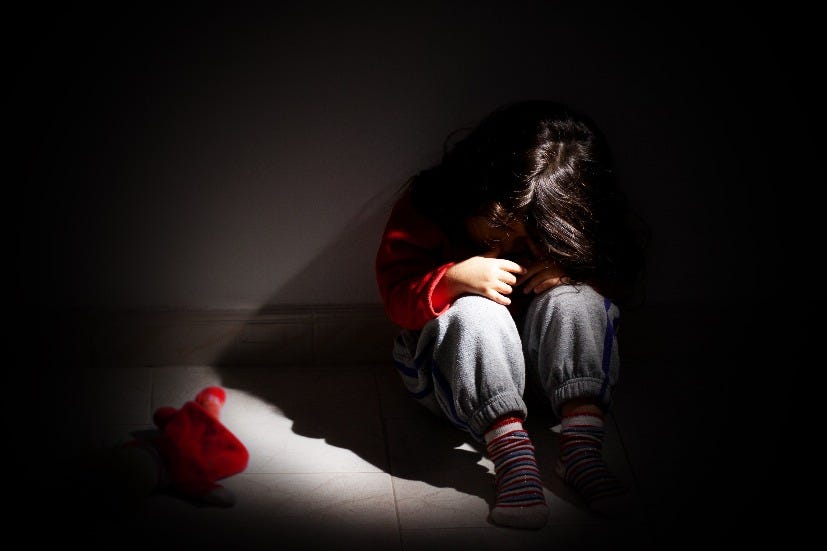Name and shame?
Not when children are at risk
As most of my readers know, I have long opposed blanket name suppression. In my view, it is justified in certain circumstances. Before trial, it protects the defendant’s right to a fair hearing. After trial, if the person is found not guilty, suppression may also be appropriate. Once someone is convicted, it is fair game. The public deserves to know who…




